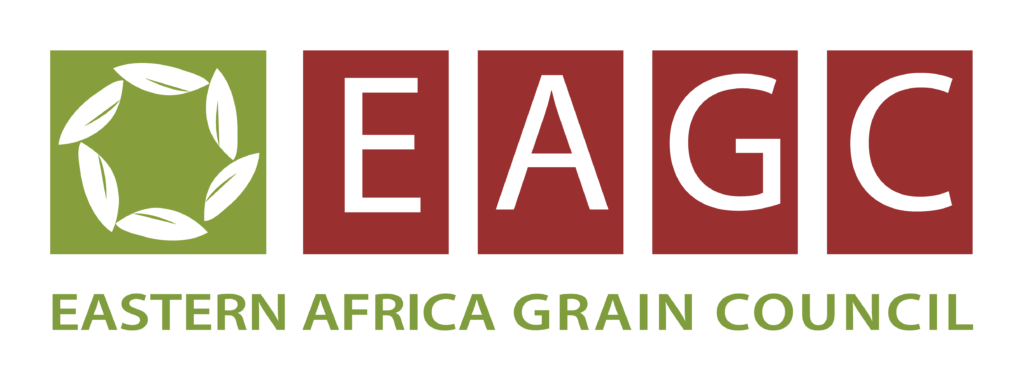EAGC participated in the East African Business Council (EABC) Trade Facilitation Forums at Namanga and Holili/Taveta One-Stop Border Posts, on 9th to 11th February 2022. The purpose of the forums was to assess the flow of goods between Tanzania and Kenya through the Namanga and Holili borders and further understand the challenges disrupting trade between the two countries.
The dialogues involved trade facilitation agencies from both countries and private sector cross-border trade stakeholders and brought out general issues that are experienced along border points in respect to cross-border trade. These issues are:
- The need to station EABC officers at the border for faster addressing of trade issues. It was noted that AFA has only 2 Nairobi-based staff that approve import authorisations countrywide
- Limited coordination between government policies at country level and EAC trade-enabling policies where policies put in place at the EAC level are undermined by country level policies
- Need to have a system that can approve/reject consignments for trade at source so that the role of border agencies is simply verification of documents.
- There is need for KRA to invest in new cargo scanners at the borders to reduce clearance time for goods.
- The need to engage and harmonize the roles played bay various government agencies in the country such as AFA, National Biosafety Authority, KEPHIS and KEBS, case in point where The KRA customs platform (ICMS) seems to be more aligned to maritime trade at ports than cross-border trade;
- Need to eliminate uncalled for charges – AFA charges a pre-shipment fee of Kshs 3,000 per transaction to authorise imports whose value is above the Kshs 30,000 paid by importers annually to AFA; KEBS still charges Kshs 7,000 fee despite consignments having quality certificates from TB, KEBS charges Kshs 7,200 for each consignment irrespective of its size; traders are regularly required to pay taxes and fees even when their goods are less than $,2000 in value due to is limited understanding of the Simplified trade Regime even among border agencies, County governments in Kenya levy fees on imported goods, thus disrupting trade.
- Need for women to: have gender desk at the border to help address women specific challenges particularly harassment by some border officials; facilities for nursing mothers
- Need for temporary passports issued by Immigration office in Tanzania to be valid for more than a single trip in order to reduce movement costs. Alternatively, the need for an EAC ID to facilitate movement between countries.
The EAGC Executive Director who was present at the meetings called for greater industry self-regulation to reduce cross border trade challenges and improve compliance with food standards. He further highlighted the need remove Non-Tariff Barriers such as radiation certificates by Tanzania and numerous clearance fees charged by authorities in Kenya.
The dialogues agreed to host similar meetings regularly to improve dialogue and address cross-border trade issues. Additionally, EABC to organize sensitization/training workshops on the EAC Simplified Trade Regime for both government officials and traders while TradeMark East Africa ,who sponsors the customs systems, and KRA to address challenges facing the ICMS system. It was noted that the EAC is working on a Health Pass to remove the need for testing for vaccinated people. It was further noted that the Ministry of EAC in Kenya is launching a program to engage county governments to improve the business environment for cross-border trade.
EAGC will compile a submission to EAC and governments of Kenya and Tanzania regarding cross-border trade issues particularly in the context of grain trade.

